How to Understand and Address Google Algorithm Updates
Google employees have recently announced that the upcoming Google Core Update is set to be released in the coming weeks. Understanding and addressing...
Read moreAs Google turns 25, we’re taking a look back at our favourite Google moments. Which features have made the biggest impact on digital marketing on Google?
For many of us, it’s hard to imagine a life without Google. In fact, for a not insignificant number of digital marketers, this is actually impossible as this month marks Google’s 25th birthday!
Google didn’t start as the undisputed king of the internet (after all, a company doesn’t just become a verb overnight… that came later, in 2006). Since the company’s inception, gradual technical revolutions have helped Google stride ahead of the fold. For Google’s silver anniversary, we’ve taken a look at all the developments that have helped form our roles as digital marketers.
For many of us in marketing and advertising, we simply wouldn’t have jobs without Google. Or, we would… but they’d look very different! Thanks to Google, and other internet giants, the advertising industry has gone from the cut-throat world of ‘Mad Men’, to a war fought on the digital battlefield, by number-crunchers, analysts, and digitally-minded copywriters. But, I digress…
Google officially began on the 4th September 1998, becoming an incorporated company used to market and run Google Search – a search engine algorithm designed to help internet users navigate the web (rather than trawl through lists of hyperlinks like a neanderthal).
Google is a VERY different behemoth now, so what are some key dates in the company’s development?
In the new millennium, Google launched AdWords (what we now know as Google Ads), paving the way for the PPC Specialists of the future! AdWords gave companies the opportunity to pay for placements at the top of search engine results pages, ahead of organic results.
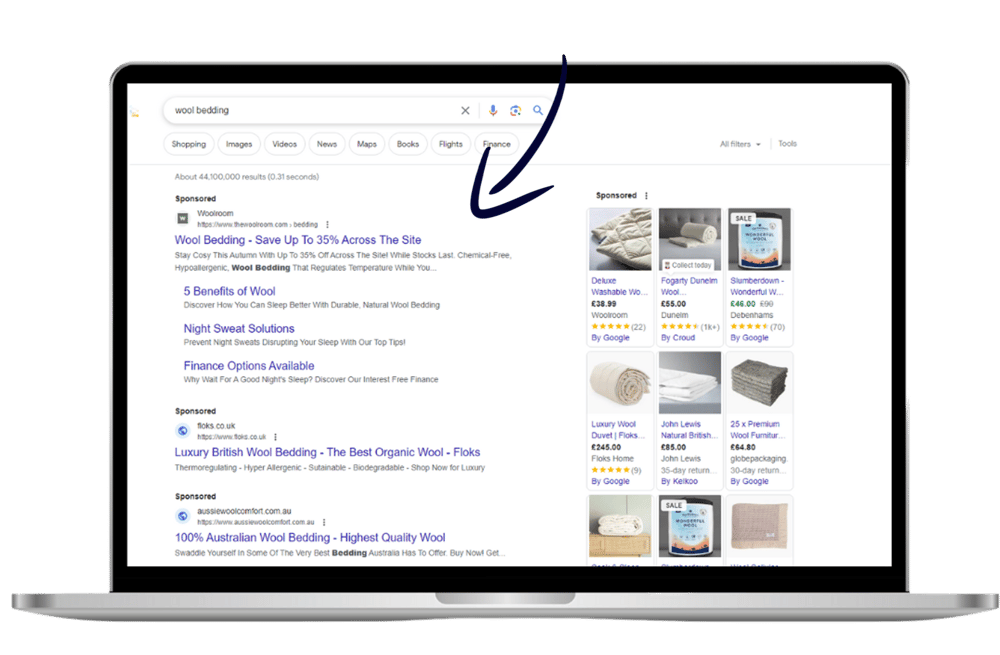
Did you know that Google Images came after Google Ads? Launched after a demand for images of J-Lo’s infamous Versace Grammy dress, Google Images was the next step for Google's development.
Branching out from Google Ads, Google expanded its ad offering to include display advertising, giving brands the opportunity to place visual ads on sites which were signed up to the network. In 2008, Google acquired DoubleClick, enabling them to make these ads more personalised, engaging, and tailored to users.
Satnavs used to be a de facto gadget for car owners, helping them find their way in unfamiliar places but, nowadays, drivers are far more likely to use their phones and trusty Google Maps. With 18% of local mobile searches turning into a same-day in-store sale, Google Maps has given businesses the opportunity to pinpoint their locations and help drive in-store footfall using organic search.
In 2006, Google expanded their online territory with YouTube. This acquisition meant increased integration of video within the SERP, and an enhanced search function and optimisation strategy within YouTube itself.
In 2007, the implementation of Universal Search made SERPs a lot more exciting. Universal Search is a huge opportunity for brands who may not rank in the top spot organically, but have great content for images, reviews, local pack, or ‘people also ask’ results. They provide a better experience for users, and more opportunities for brands to appear.
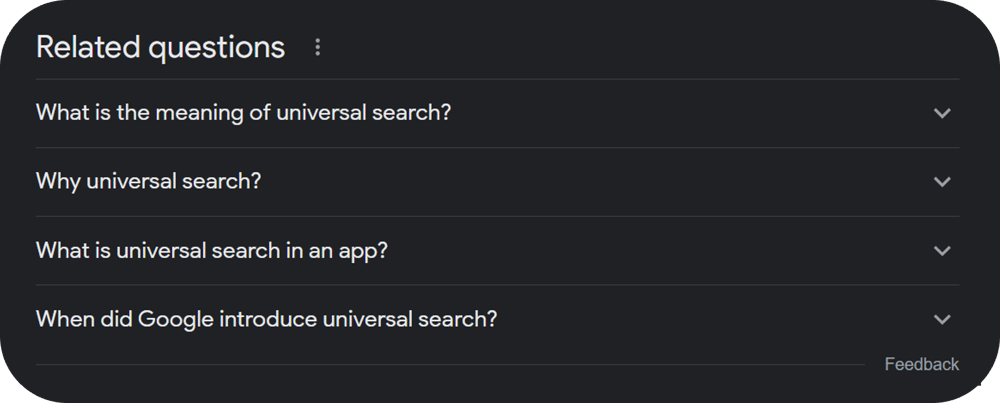
In 2008, Google launched what would become an absolute goldmine in user insights. Chrome, Google’s own web browser which accounts for 63.56% of the world’s browser usage. Chrome gives users a better browser experience by remembering search and internet activity, which has the double purpose of winning Google a wealth of insight on user activity and cross-website journeys. It’s no wonder the general population fear advertisers!
Not everything from Google has been a hit. In 2011, Google+ looked to be a game-changer for social media, providing a more exclusive space that had a professional edge, and would have brought new paid social opportunities for advertisers. Unfortunately, after struggling to maintain an engaged user base, Google folded this element of their offering in 2019. Will Zuckerburg’s efforts with Threads prove any more successful?
In one of the more recent big shake ups for home technology, Google launched the Google Home in 2016, joining Amazon’s Echo in the home-assistant market. With voice search usually only returning the very top result, this move meant advertisers and marketers felt the pressure to rank in ‘position zero’, using Universal Search opportunities.
In 2021, we saw Performance Max enter Google Ads’ arsenal of ad types. Combining machine learning with the ability to appear on the full Google network from one campaign, Performance Max unifies all previous elements and opportunities to advertise through Google’s properties. Want to know more about how to get set up with P-Max? Download our Performance Max eBook for a complete guide to the basics!
One of Google’s most recent developments comes in the form of Bard – an AI language model set to rival ChatGPT. Though the launch was marred by an inaccurate answer, Bard is still set to be a great free, research alternative to ChatGPT, providing up to date information from across the full web.
Naturally, the above list is non-exhaustive, due to the sheer volume of pioneering developments from Google (and parent company, Alphabet). From Android being (arguably) the only true rival for Apple's iOS mobile software, to Google Shopping, and Gmail, Google's expansion into (nearly) all facets of online life has moulded the path of digital marketers like no other company. And that's not to mention the numerous 'just for fun' developments that we love to unearth!
Find out how you can use the full scope of Google's functionality to accelerate your brands performance. Request a demo of our Digital Performance Accelerator.
Photo by Lauren Edvalson on Unsplash
More articles you might be interested in:
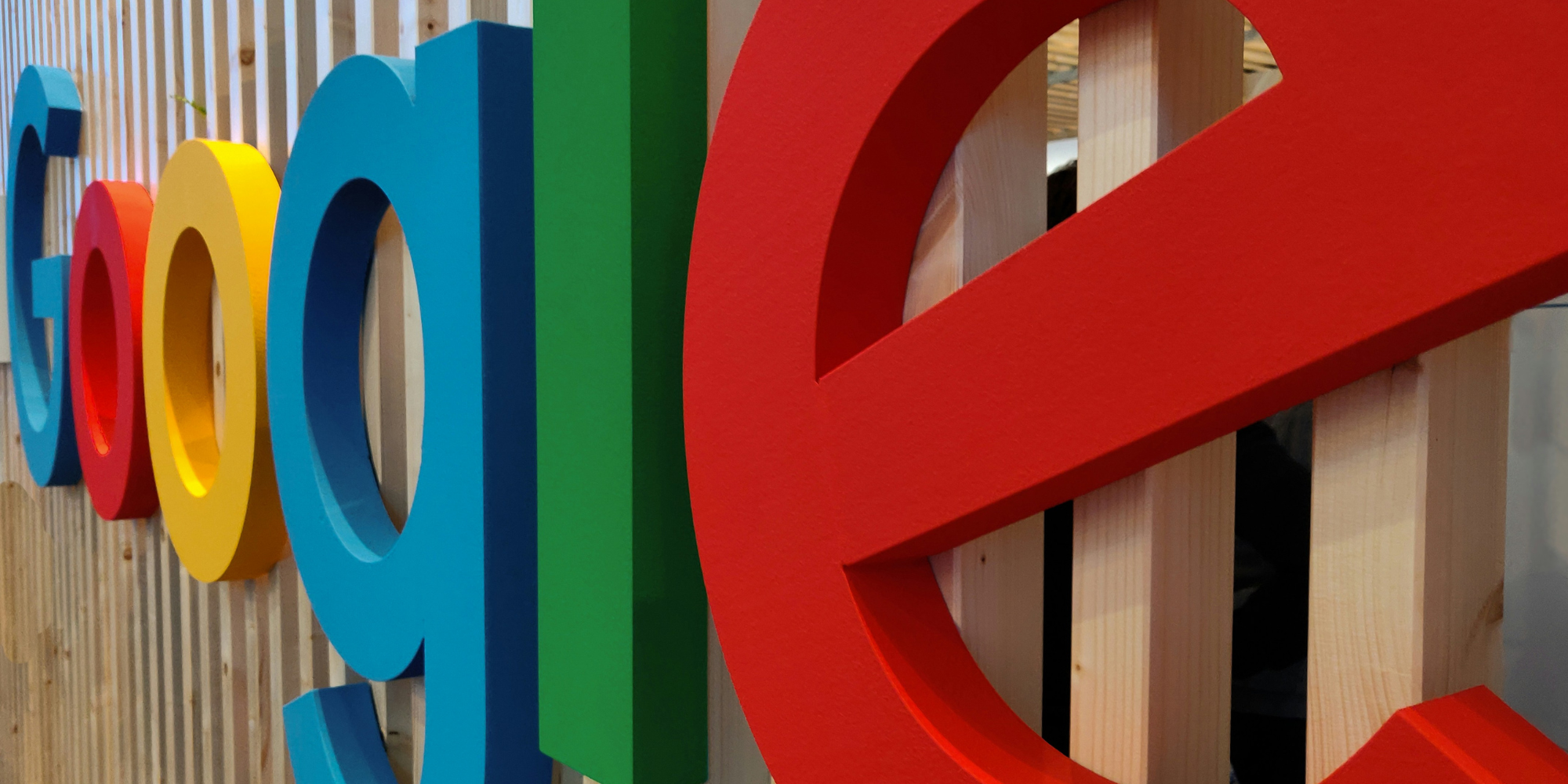
Google employees have recently announced that the upcoming Google Core Update is set to be released in the coming weeks. Understanding and addressing...
Read more
Google's change in guidance could transform the way content is created in the future, but how does it affect SEO and content creators going forward?
Read more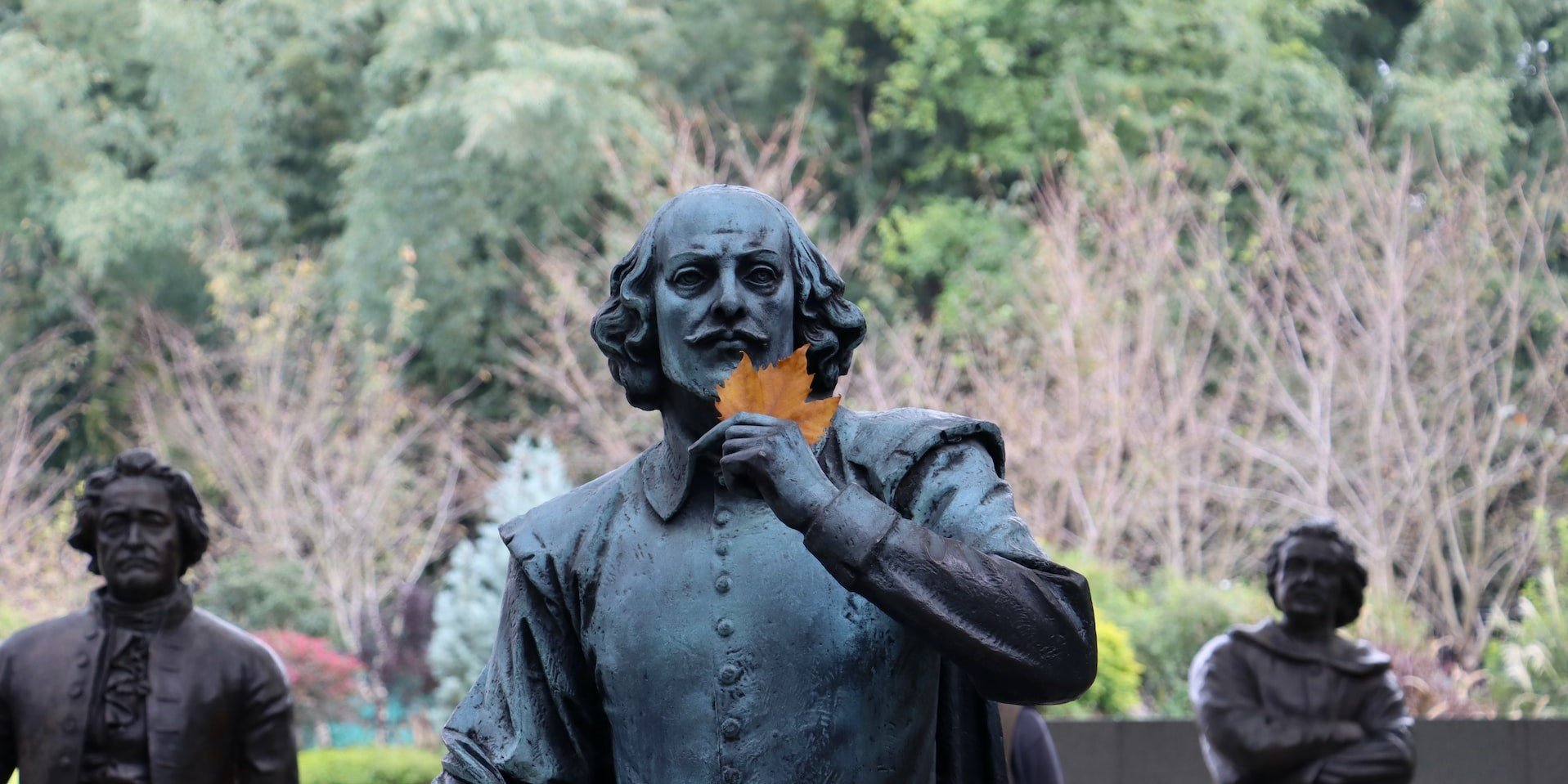
Google are launching their own chatbot to strengthen their AI capabilities, but what is it, and why is it exciting for searchers and SEOs alike?
Read more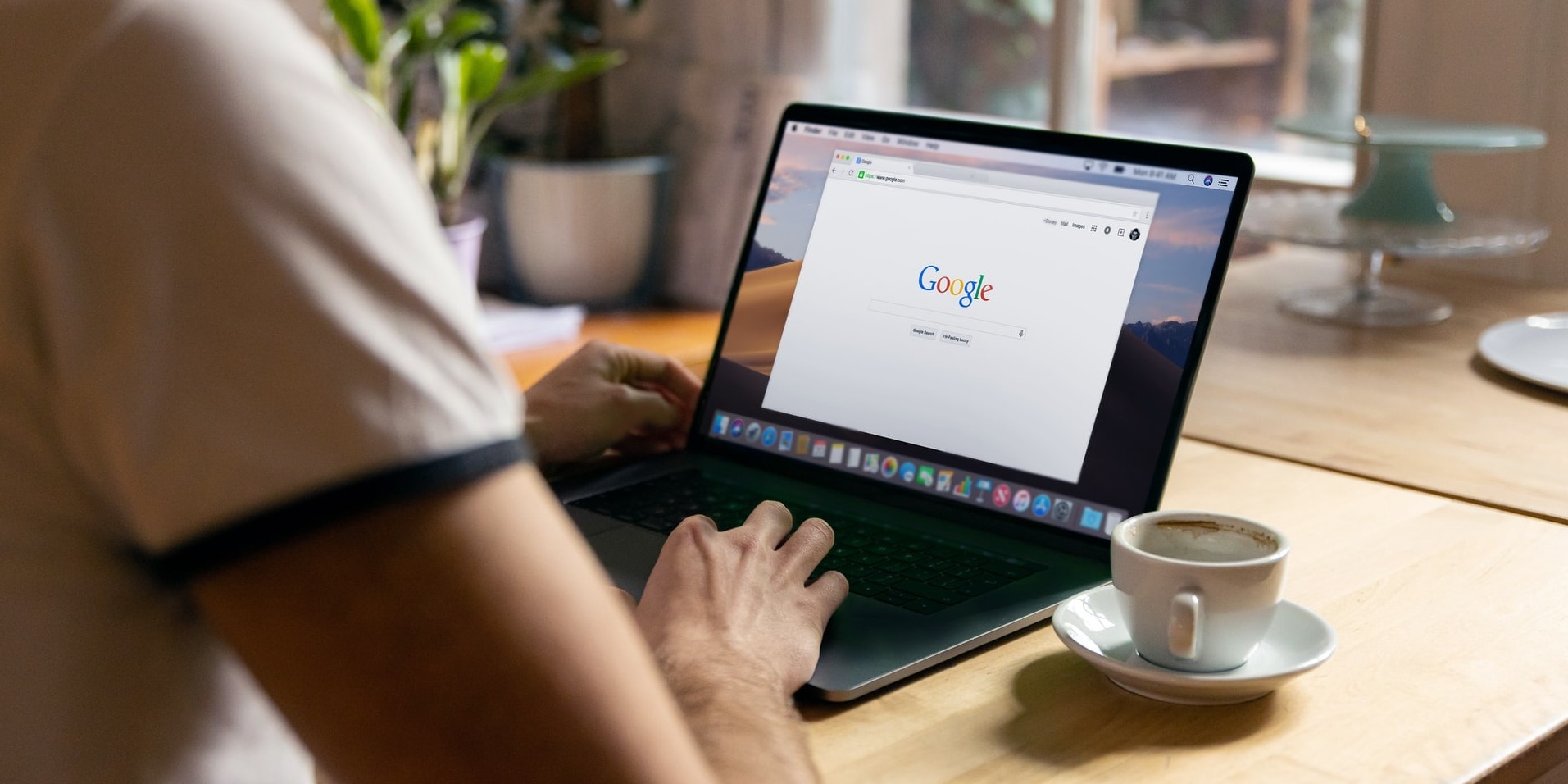
We're heading into a new financial year - do you know how PPC can help grow your conversions? Find out how developments from Google and Bing will...
Read more
SEO News this week includes advice regarding the number of pages, directory and article submissions and whether they're blackhat and more. Read on.
Read more
SEO wiz Luke Tilston is here with an update on all things SEO this week, including changes to title tags in SERPs, ad conversion value rules and...
Read more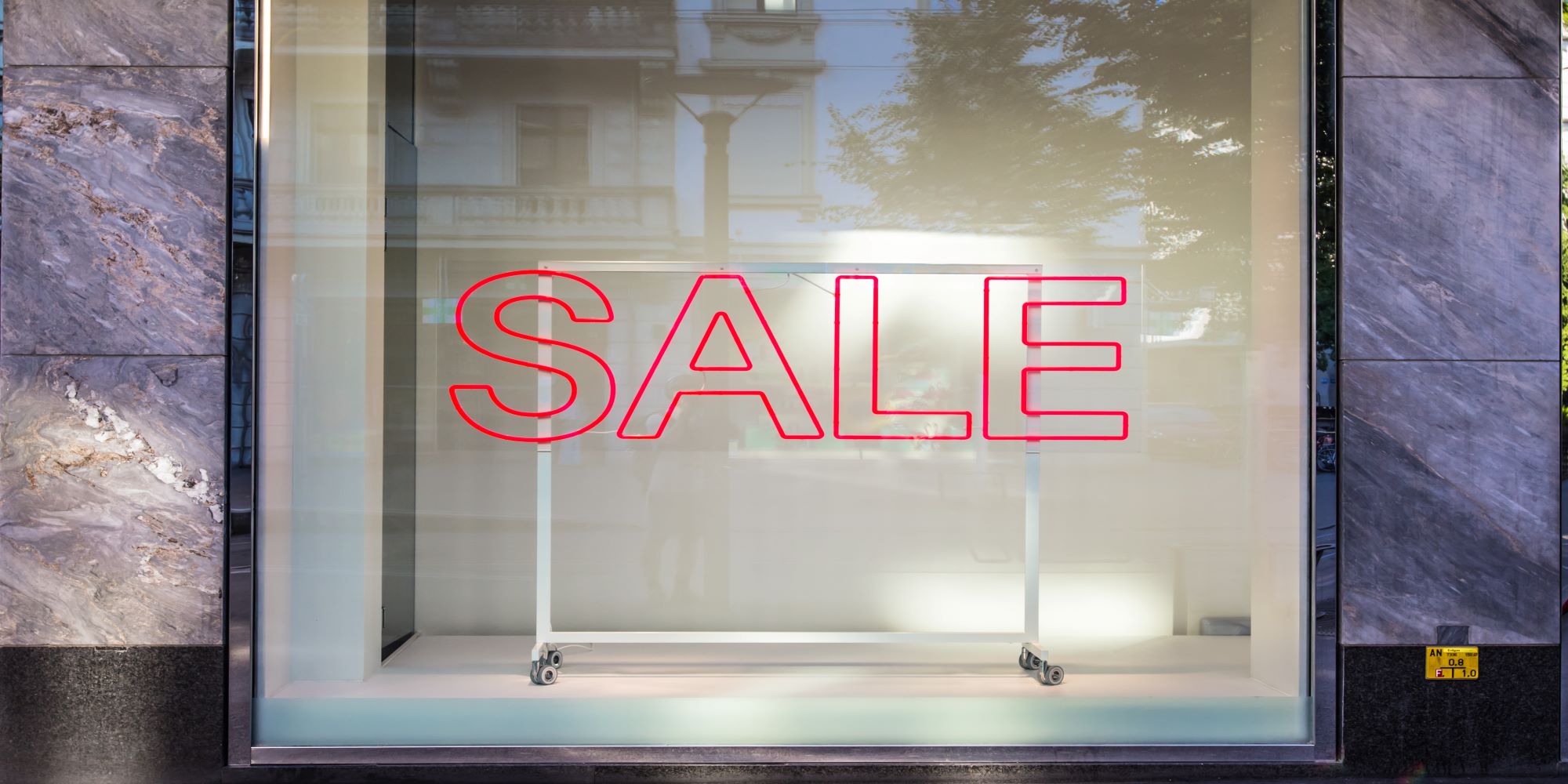
SEO specialist Joe Wheeler takes us through this weekly round-up of SEO news, including best practices for deal pages and definitive answers...
Read more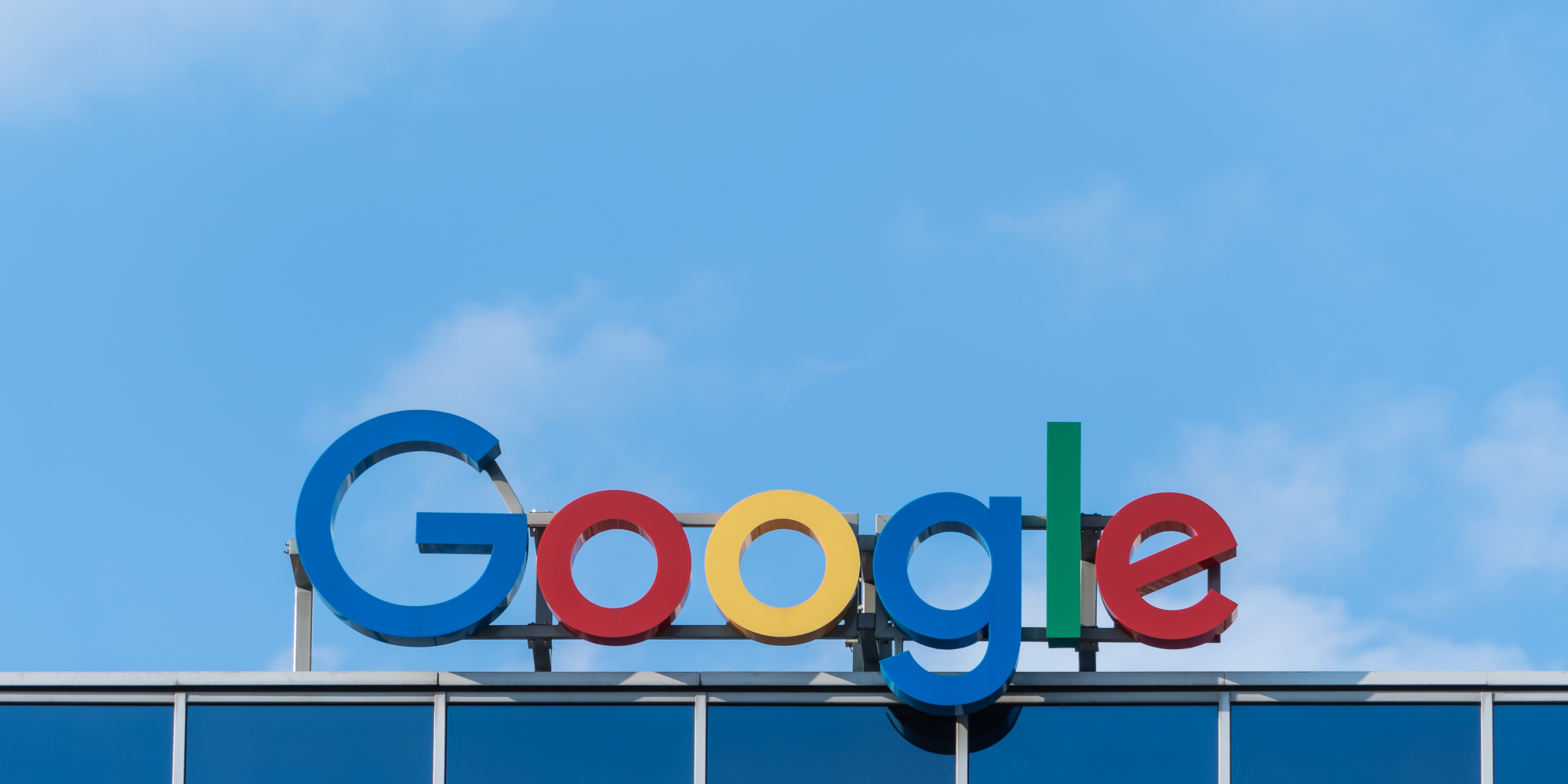
Join us this week as our SEO expert Luke takes us trough all the latest developments in the world of SEO including Googles latest updates.
Read more